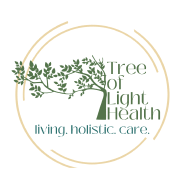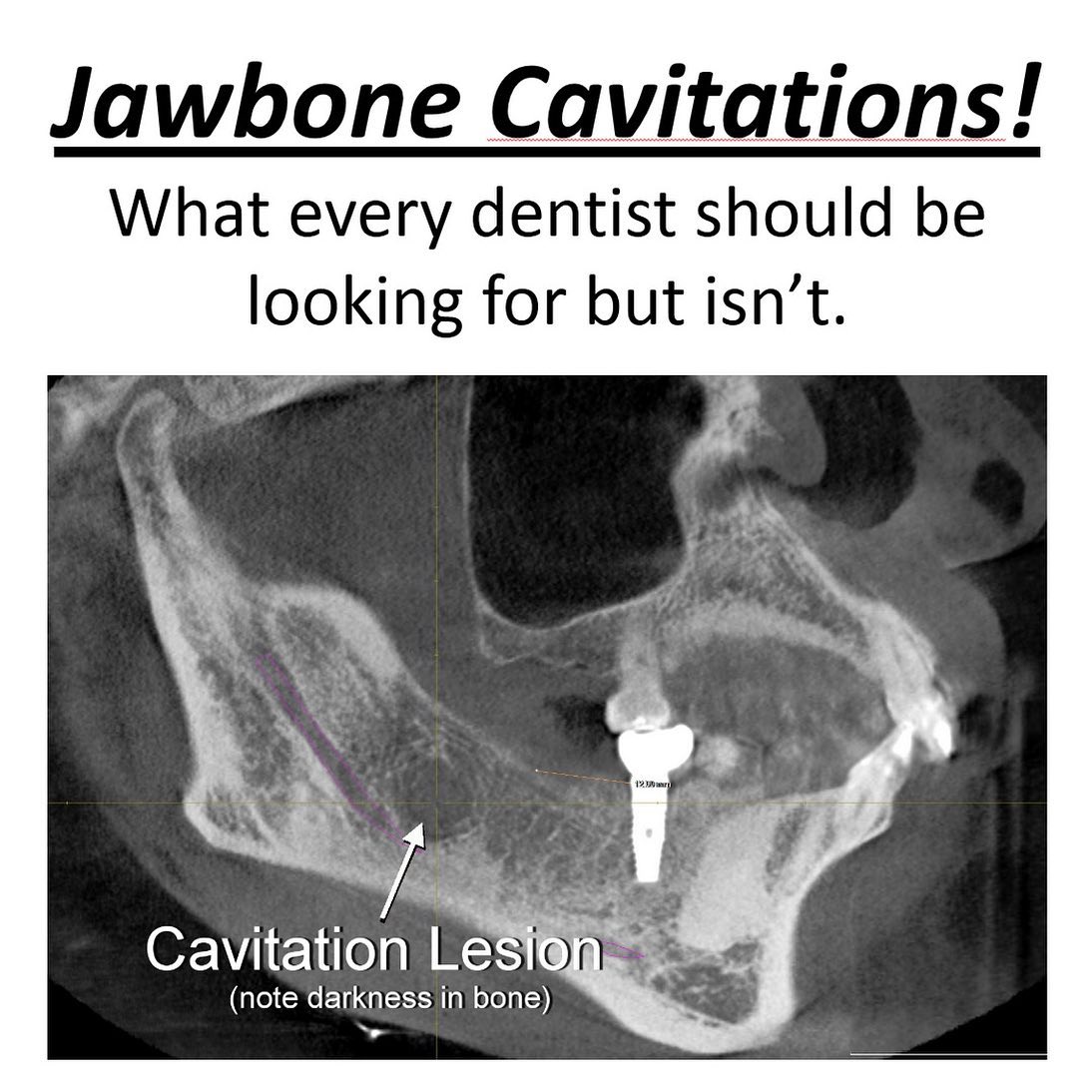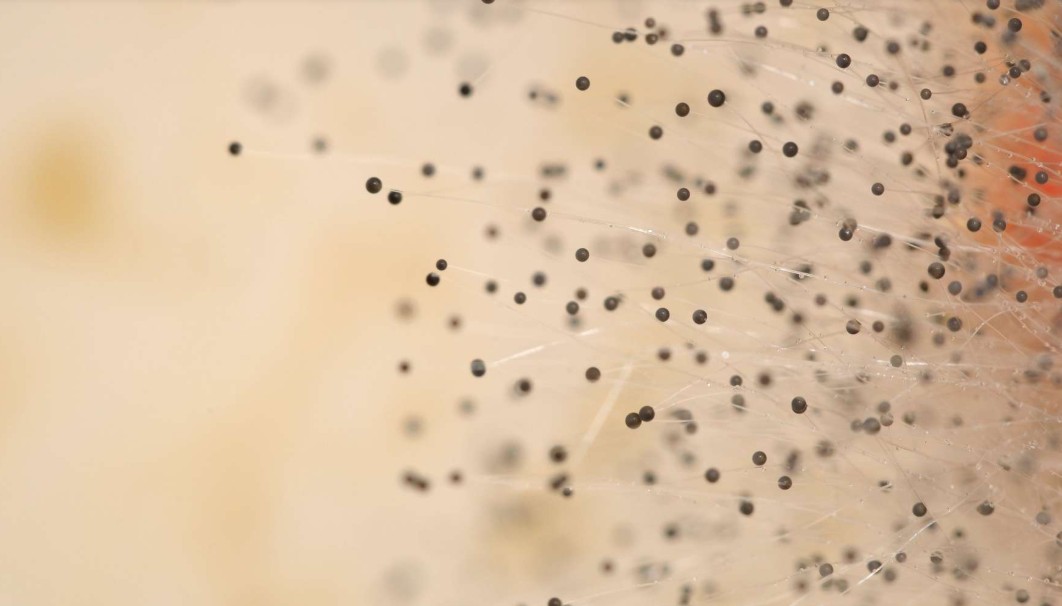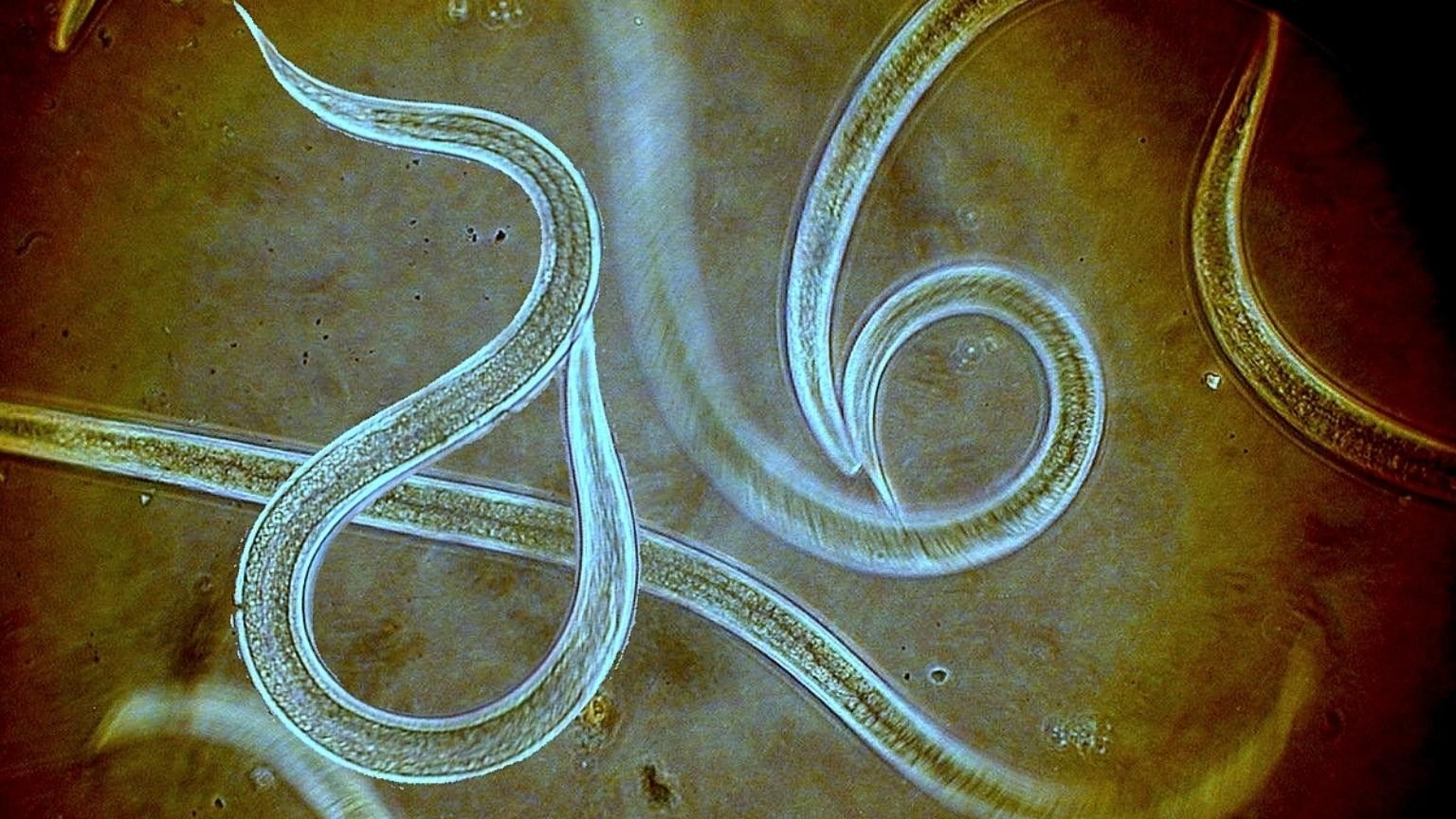Chronic Lyme disease often involves multiple coinfections, making diagnosis and treatment complex. Testing for these coinfections is often unreliable, and the infections can evade the immune system. This is where advanced techniques like Autonomic Response Technique (ART) are invaluable. ART helps identify which infections are present and prioritize them for treatment, aiding in the creation of an effective plan.
Key Components of Treatment:
-
Dental Health: Addressing dental issues such as infections, cavitations, and metal toxicity reduces inflammation that can hinder recovery. See image below.
-
Gut Health: Conditions like SIBO and leaky gut can contribute to systemic inflammation. Resolving gut issues is crucial for healing.
-
Food Allergies: Hidden food allergies, particularly gluten and dairy, often exacerbate inflammation. We recommend avoiding these to reduce stress on the immune system.
-
Mold Toxicity: Exposure to mold can worsen symptoms. Treating mold toxicity is essential for a full recovery.
-
Heavy Metals: Toxic metals can affect everything from hormone balance to brain function. Detoxification is a vital part of the treatment.
-
Mitochondrial and Metabolic Health: Supporting mitochondrial function and addressing insulin resistance helps reduce chronic inflammation and boosts recovery.
-
Thyroid, Adrenal, and Immune Health: Supporting these systems ensures the body can handle the demands of treatment.
-
Detoxification: Ongoing detox methods such as coffee enemas and infrared saunas help eliminate toxins that slow recovery.
-
Immune Modulation: Herbal treatments like resveratrol and low-dose naltrexone can modulate the immune system for better results.
By addressing these underlying issues, patients are better positioned to respond to Lyme treatment protocols. Incorporating ART helps identify key areas of concern, speeding up the healing process.
For more information, reach out to us at Tree of Light Health, and we’ll guide you through a personalized treatment plan for Lyme and coinfections.



